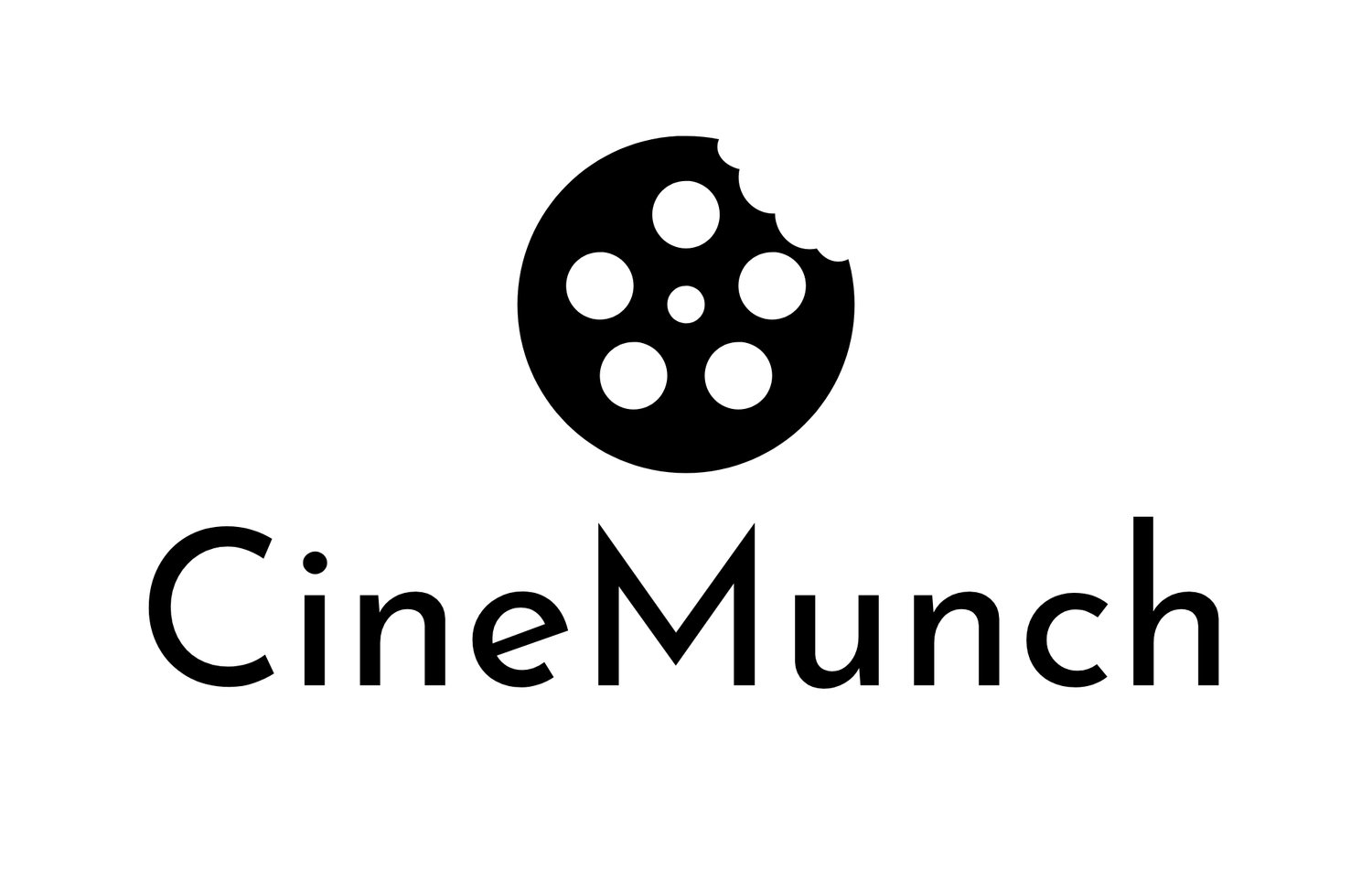Nonfiction Doubleheader: 2 Documentaries of Artistic Genius
/Vivian Maier
There's enduring magic in the idea of an artist undiscovered during her time but later acknowledged as a true original. The likes of Claude Monet and Vincent van Gogh faced harsh criticism during life, only to become two of the most recognizable names in art after death. It's a theme touched on in several of 2014's best films, including Mr. Turner and The Imitation Game. As for the latter, whatever device you're using to read this, you owe in no small part to Alan Turing.
Of course we, the consumers of this genius, reveal plenty about ourselves as we consume. Who doesn't feel an extra thrill at the discovery of something long undiscovered? Who doesn't feel a sliver of pride, however irrational, at appreciating the dead? It appeals to our human resistance to mortality. For once the bellows of time makes the fire burn a little brighter instead of clearing away the ash of the past. And for those of us who create anything, it represents hope that our work will someday touch someone, even if after our time is up.
A particularly tasty bite of these themes fell onto my plate recently, when I watched the documentary doubleheader of Finding Vivian Maier--nominated by Oscar this year for Best Documentary Feature--and Wild Combination: A Portrait of Arthur Russell--released in 2008.
Vivian started it. The CineMunch team needed to address the troubling lack of documentaries on our list of 2014 films screened, and Finding Vivian Maier seemed a reasonable place to start. The film profiles an eccentric nanny and the historical preservationist who stumbled upon thousands of her photography negatives after her death. Turns out the nanny was a wildly prolific street photographer, unsurprising to the families she worked for since she always had a camera around her neck, but she never shared her work with anyone. This may not register as notable until you see the photos.
I mean, look at them.
Even an untrained eye (e.g. mine) can feel their power. And so the preservationist, John Maloof, endeavors to find out more about the life of Vivian Maier and share her work with the world.
At its best, Finding Vivian Maier feels like a murder mystery (sans murder) always on the verge of a shocking reveal. Vivian is a nanny, yes, but clearly so much more than our shallow cultural conception of what a nanny is. At one point, Vivian is quoted as saying, "I'm sort of a spy," which feels for a split second like a cracked case, but as one observer points out, the kind of person who would say that is almost certainly not a spy.
As a result of the film's well-maintained mystery and intrigue, even minor reveals, like Vivian's abrupt months-long sabbatical to travel the world, seem more revealing of her character than perhaps they truly are. On the one hand, the movie falters when it fails to follow these character threads for any length of time, much less to a conclusion. On the other, the filmmakers don't try to force her into an ill-fitting box. In these days when we expect to know everything about everyone with a flick of our fingertip, it takes courage to admit when an enigma stubbornly remains an enigma.
The lack of answers also dovetails with Vivan's work. Street photography at its best, her photos offer a slice of life without taking one particular point of view, a way of looking at the world without making broad pronouncements. Her subjects often stare directly into the viewer's or Vivian's eyes. They've been pulled for a moment out of the centrifuge of life and dare us to guess where they've been, what they've seen, who they are.
In the face of genius I can't help but default to space metaphors. Vivian reminds me of a star factory, dedicated to creating and nurturing her brilliant children but loath to unleash them before dying out herself. By the time we can see the individual points of light, the creator has vanished. (Note: I'm no cosmologist, so keep your hate emails about the life cycle of star factories to yourselves. It's a metaphor.)
Arthur Russell
If Vivian Maier was an over-protective galactic womb, avant-garde musician Arthur Russell represents the other end of a star's life cycle. He seems doomed from the start of his short life, at least in the portrait offered by Wild Combination.
As a child in the cornfields of Iowa, Arthur battles severe acne and that common pitfall of geniuses, social isolation. He operates on a different wavelength, even from his progressive parents.
He takes up the cello and later moves to San Francisco, living in a commune that ticks along to Buddhist philosophy. Contemporaries such as Allen Ginsberg and Philip Glass recall immediate fascination with Russell, resulting in friendship and occasional collaboration.
This is where I come clean and disclose my unhealthy obsession with Arthur Russell and his work. I'm no music aficionado, but man does his stuff speak to me. And though I know next to nothing about the NYC music scene in the 1970s and 80s, I appreciate his chameleon-like ability to move among musical styles--folk to disco to instrumental to undefinable and beyond. His creations sneak up on you, whisper human truths, and then slink back into the ether.
Like Finding Vivian Maier, Wild Combination shies away from following through with plot and character threads, instead weaving a complex and fractured web that mirrors Russell's most avant-garde music. If Wild Combination feels incomplete and a bit messy, so does Russell's life.
It's a life he flashed through too quickly, creating one glowing masterpiece after another. Only now, after his death, is the star's light reaching our eyes.










